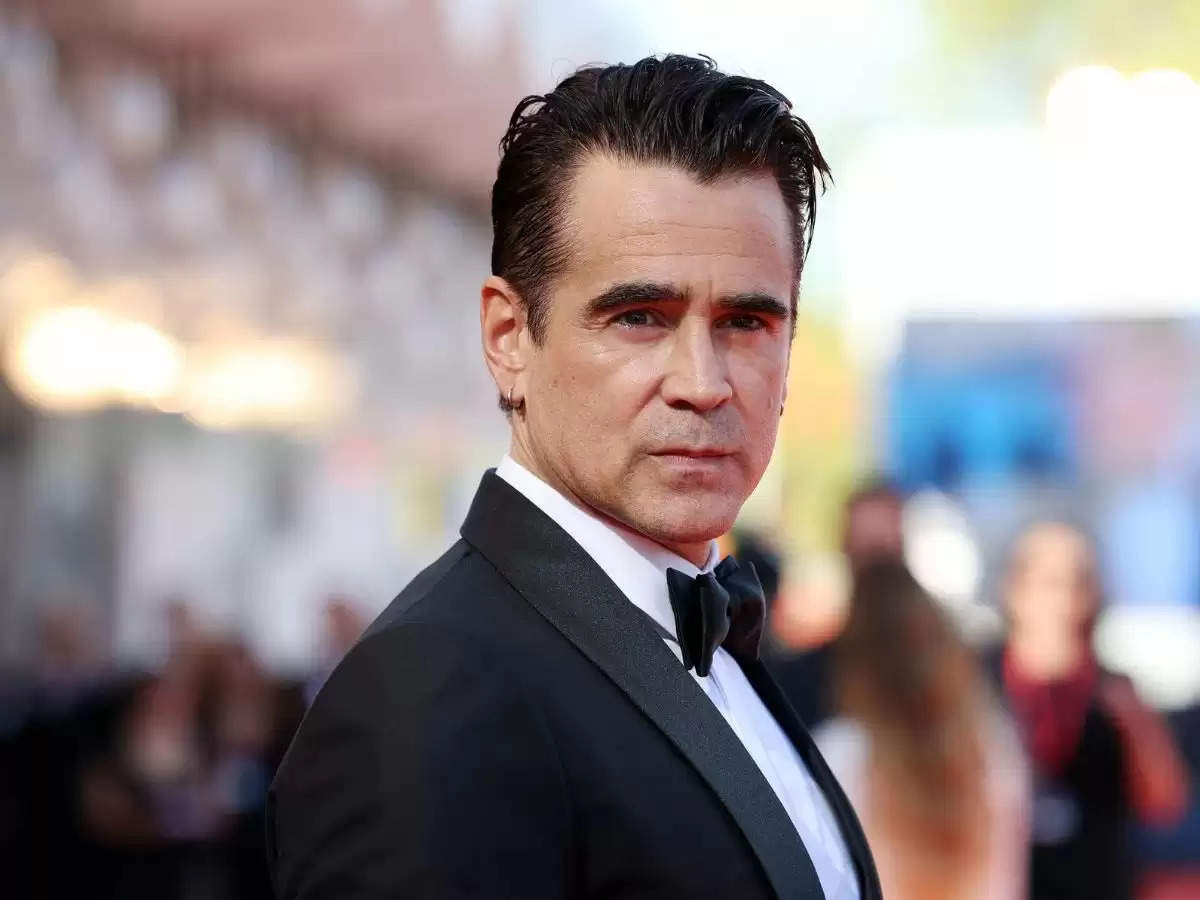The "dumb Hollywood Movie" That Changed Colin Farrell's Life

A1 Digital India News: In the early 2000s, Colin Farrell rapidly rose to the top of Hollywood's A-list. The young Irish actor captured people's attention in Joel Schumacher's 2000 war drama Tigerland, then burst onto the scene two years later with the one-two punch of Steven Spielberg's Minority Report and Schumacher's Phone Booth.
Suddenly, the hugely charismatic star found himself alongside Al Pacino in The Recruit, terrorizing Ben Affleck's blind superhero as the deadly assassin Bullseye in Daredevil, and landing the lead role as heroic officer Jim Street in the action blockbuster S.W.A.T. The stage seemed set for an impressive career as a bona-fide Hollywood movie star - but then things changed.
Surrounding some high-profile shots like Alexander and Miami Vice were lesser films like A Home at the End of the World and Ask the Dust, which made little impact. Farrell's private life also became a problem, with a very public sex tape scandal and a reputation for partying tarnishing his image.
But in 2007 Farrell was able to take stock of his career. He realised that mainstream, business-driven films such as S.W.A.T. did not really excite him – even though there was nothing wrong with them.
During an interview with Movies, he said: "I have nothing against big Hollywood films made just for entertainment – there are many great big Hollywood films – which, for me, so far, is who I am". He would love to do a different movie."
If anything, S.W.A.T. changed Farrell's career forever, because it showed him what he didn't want to do. "I think there's a lot of room for both, but it remains to be seen what will be commercial and what cultural," he confesses.
Farrell elaborates, "In the past, sometimes it was one or the other — a big, crazy Hollywood movie like S.W.A.T. or something more challenging, like A Home at the End of the World or The New World. If I did it, I would definitely choose the latter, but you might as well have some fun in there." At that point in his life and career, Farrell was content and clear about where his heart was.
"I'm happy doing the movies I want to do right now. I don't really think about anything other than the script, the director, the other actors — all the important things. Everything else is pretty much about that in that regard," he explains.
"I'm happy doing the movies I want to do right now. I don't really think about anything other than the script, the director, the other actors — all the important things. Everything else is pretty much about that in that regard." This is bullshit." To his credit, over the next 15 years, Farrell transformed his career and became one of Hollywood's most exciting and daring actors.
He worked with unique, quirky voices like Martin McDonagh in In Bruges, Seven Psychopaths and The Banshees of Inisheen, as well as Yorgos Lanthimos in The Lobster and The Killing of a Sacred Deer - and only moved into the blockbuster realm when he could do it on his terms.
There's no doubt that in the more conventional early 2000s Farrell wouldn't have played Gellert Grindelwald in Fantastic Beasts and Where to Find Them, or found himself under latex to play the Penguin in Matt Reeves' The Batman. This is a whole new Farrell - and cinephiles everywhere love him for it.
